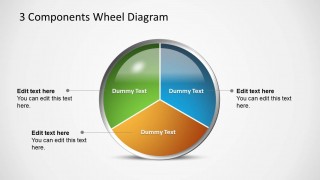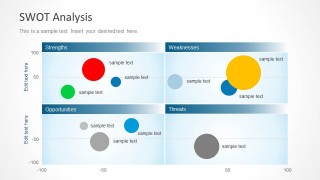Learn more how to embed presentation in WordPress
Copy and paste the code below into your blog post or website
Copy URL
Embed into WordPress (learn more)
Comments
comments powered by DisqusPresentation Slides & Transcript
Presentation Slides & Transcript
What are stative verbs?They are verbs that are best used to describe states whereas dynamic verbs are best used to describe actions.
Tip: Look for verbs that don't involve movement .I ‘think’ that this is a great movie.This 'concerns' you.I don't ‘like’ brussel sprouts.
Stative verbs often describe a mental state, thoughts or emotions and are about liking or disliking something as well as describing relationships. to hate, to like, to love, to need, to want, to believe, to doubt, to forget
These verbs are special because they are usually only used in the simple tenses such as 'the present simple' or the 'simple past'.Eg - I like icecream. I am liking icecream.
Stative vs Dynamic Action Some verbs can be used both statively and dynamically.But if we’re using them to talk about permanent situations, feelings, opinions, wishes and the senses then they are stative verbs.Eg. I ‘think’ that English is easy. (stative)I ‘am thinking’ about learning English. (dynamic action)
Meaning changesSometimes the meaning of the verb is totally different depending on whether we use it statively or dynamically.I see Paul, he’s standing on the corner.(to see with one’s eyes)I am seeing Paul, we’ve been together for a month now.(to be dating)
List of stative verbs:to adore, to agree, to appear (seem), to appreciate, to be, to believe, to belong to, to concern, to consist of, to contain, to cost, to deny, to depend on, to deserve, to detest, to disagree, to dislike, to doubt, to equal, to feel, to fit, to hate, to have (possession/opinion), to hear, to imagine, to include, to involve, to know, to lack, to like, to loathe, to look (seem), to love, to matter, to mean, to measure, to mind, to need, to owe, to own, to please, to possess, to promise, to prefer, to realise, to recognize, to remember, to resemble, to satisfy, to see, to seem, to smell, to sound, to suppose to surprise, to taste, to think (opinion), to understand, to want, to weigh, to wish
More Presentations

By thelanguagetutors
Published Sep 25, 2013

By thelanguagetutors
Published Oct 3, 2013

By thelanguagetutors
Published Oct 9, 2013

By thelanguagetutors
Published Oct 13, 2013

By thelanguagetutors
Published Oct 13, 2013

By thelanguagetutors
Published Nov 17, 2013

By thelanguagetutors
Published Nov 17, 2013





